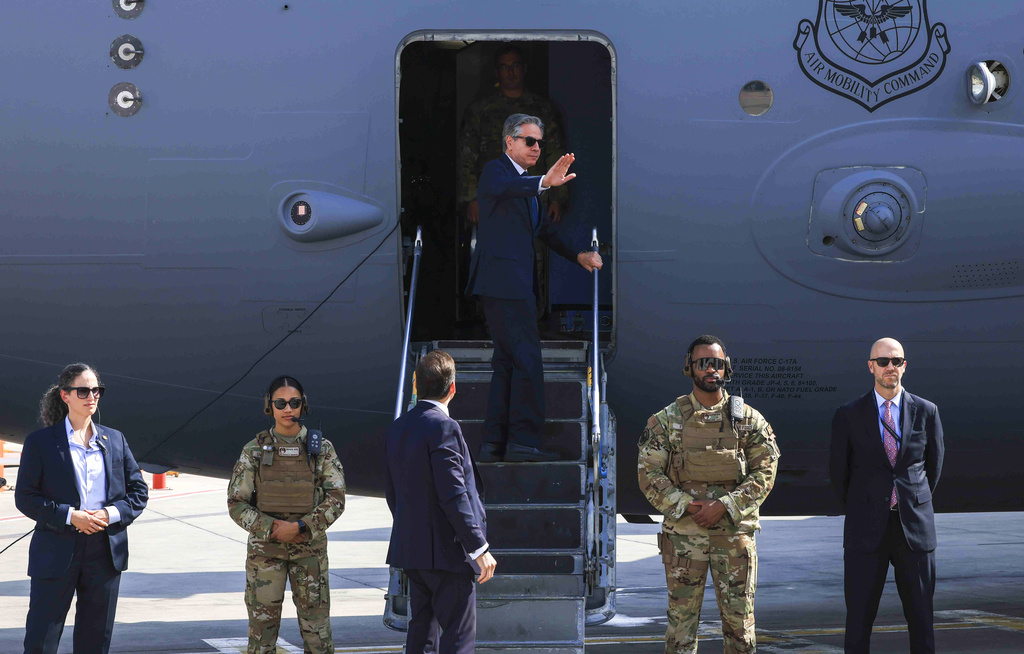JERUSALEM (AP) – US Secretary of State Antony Blinken ended his ninth visit to the Middle East since the war in Gaza began without securing any major breakthrough for a cease-fire deal, warning on Tuesday that “time is of the essence” even as Hamas and Israel signaled that challenges remain.
After meetings in fellow mediating countries Egypt and Qatar, Blinken said that because Israel has accepted a proposal to bridge gaps with the militant group, the focus turns to doing everything possible to “get Hamas on board” and ensure both sides agree to key details on implementation.
“Our message is simple. It’s clear and it’s urgent,” he told reporters before leaving Qatar.

“We need to get a cease-fire and hostage agreement over the finish line, and we need to do it now. Time is of the essence.”
There has been added urgency after the recent targeted killings of militant leaders of Hamas and Hezbollah in Iran and Lebanon, both attributed to Israel, and vows of retaliation that have sparked fears of a wider regional war.
Few details have been released about the so-called bridging proposal put forth by the U.S., Egypt and Qatar. Blinken said it is “very clear on the schedule and the locations of (Israeli military) withdrawals from Gaza.”
Hamas earlier on Tuesday called the latest proposal a reversal of what it had agreed to, accusing the US of acquiescing to new conditions from Israel. There was no immediate US response to that.
Blinken’s comments on ending his latest Israel-Hamas peace mission were notably bare of the optimism that Biden administration officials expressed going into his trip, and earlier.
The upbeat tone through much of the spring and summer – with US officials at times describing a cease-fire and hostage deal as nearer than ever – reflected necessary messaging, at least in part, said Jonathan Panikoff, director of the Scowcroft Middle East Security Initiative at the Atlantic Council’s Middle East Program.
“If they don’t project optimism then it won’t create … even the potential for sufficient momentum to keep things going,” Panikoff said.



















































